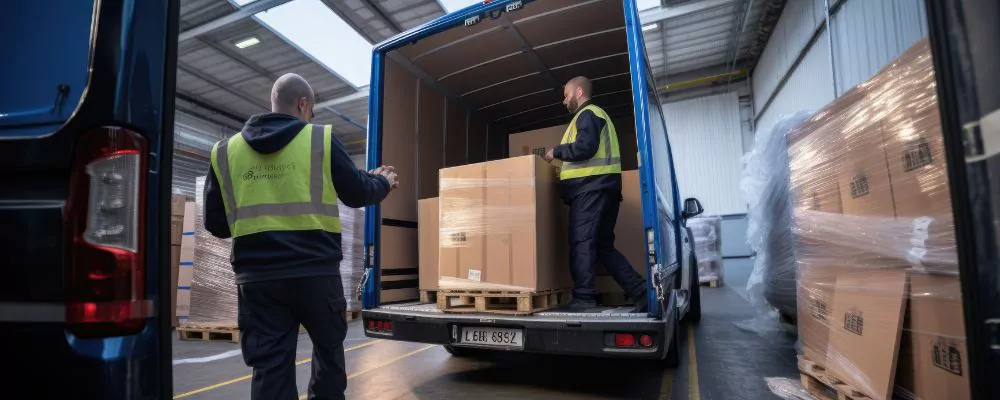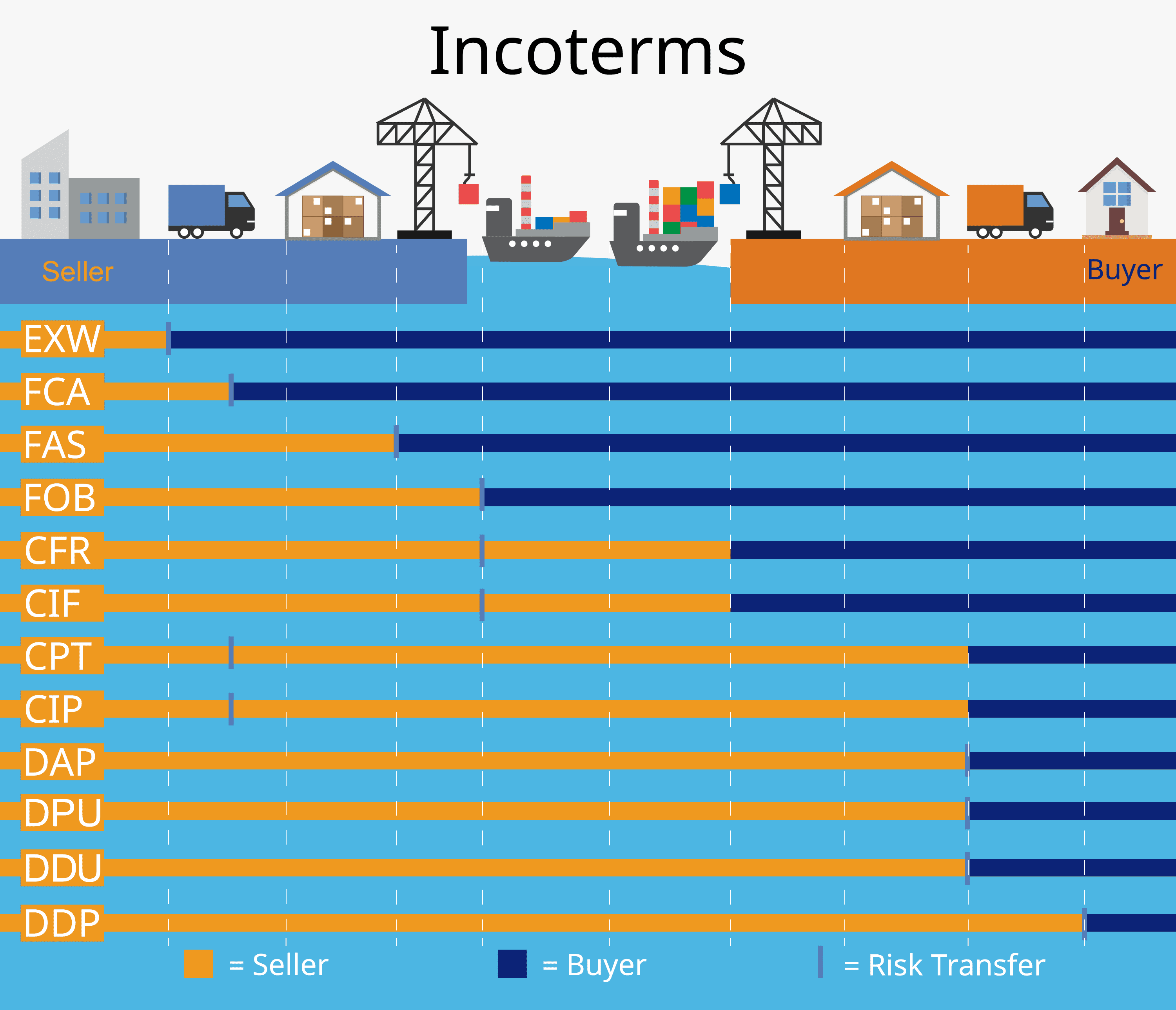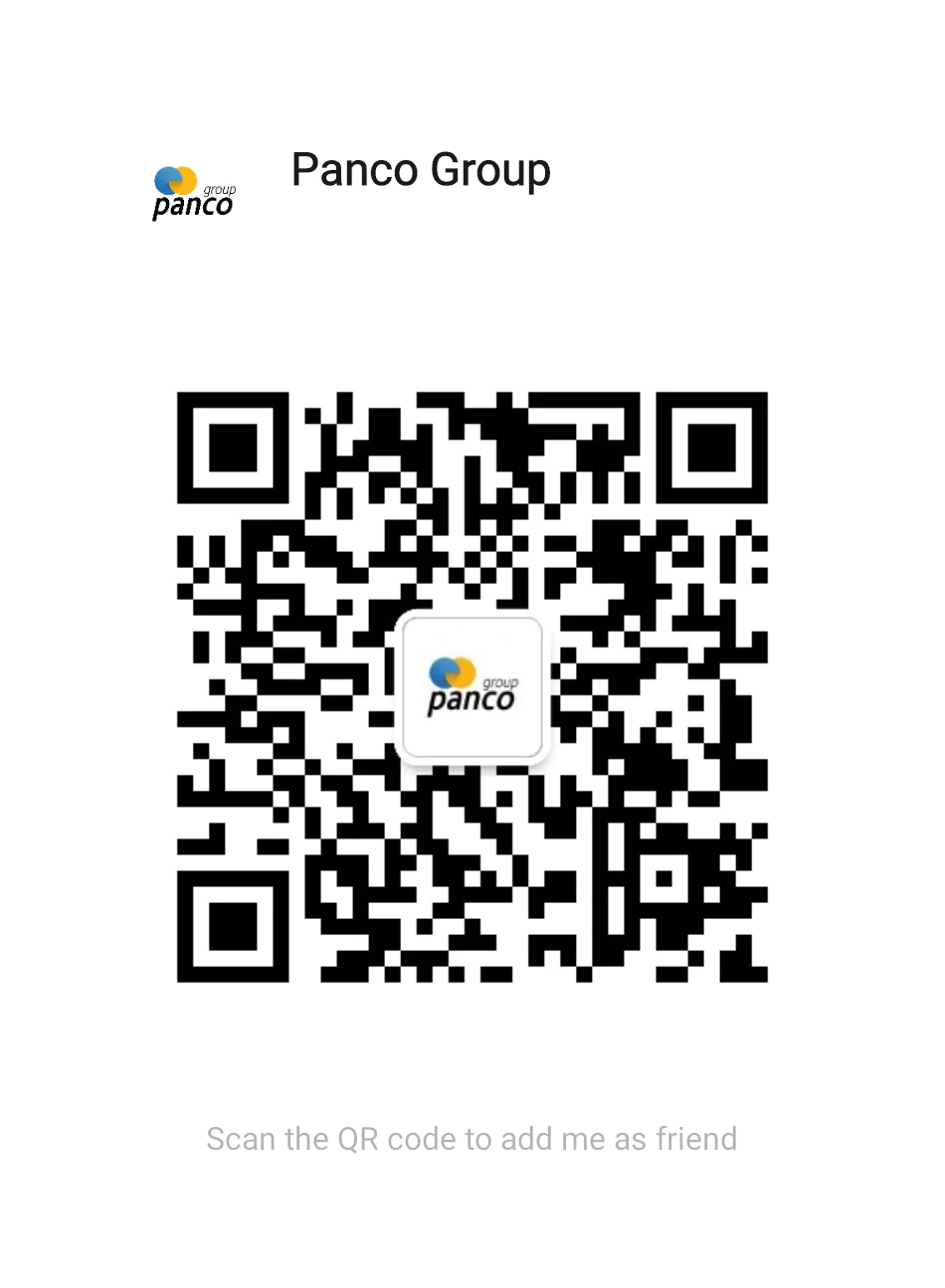
What is the FCA Incoterm (Free Carrier)
FCA Incoterm, also known as Free Carrier. If you are involved in international trade or logistics, understanding the various incoterms is crucial for successful transactions. In this article, we will dive deep into what FCA is all about and how it works.
Whether you’re a buyer or a seller, knowing the ins and outs of FCA can help you navigate through the complexities of global commerce more effectively. So let’s get started and explore everything there is to know about the FCA Incoterm!
What is the FCA Incoterm (Free Carrier):
The FCA Incoterm, which stands for Free Carrier, is one of the internationally recognized trade terms established by the International Chamber of Commerce (ICC). It defines the responsibilities and obligations between buyers and sellers in international transactions.
Under the FCA agreement, the seller delivers goods to a named place, either at their own premises or another agreed-upon location. At this point, they have fulfilled their obligation and transfer all risks to the buyer. The buyer then takes responsibility for transportation costs and any further risk associated with shipping.
One key aspect of FCA is that it allows flexibility in choosing the exact delivery location within a specified area. This gives both parties more control over logistics and can potentially lead to cost savings. However, it’s important for both buyers and sellers to clearly communicate and agree upon these details beforehand to avoid any misunderstandings or disputes down the line.
Remember, understanding how FCA works is crucial when engaging in global trade. So let’s explore further into how this incoterm operates!
Advantages and Disadvantages of FCA for the Buyer
When it comes to international trade, understanding the advantages and disadvantages of different Incoterms is crucial. Let’s take a closer look at the benefits and drawbacks of using Free Carrier (FCA) for buyers.
One advantage of FCA is that it provides flexibility in terms of choosing the carrier. As a buyer, you have control over selecting a carrier that suits your needs and preferences. This allows you to negotiate better shipping rates or choose carriers known for their reliability.
Another advantage is cost savings. With FCA, the seller is responsible for delivering goods to a specified location agreed upon with the buyer. This means that as a buyer, you can avoid extra costs associated with transportation beyond this point.
However, there are also some disadvantages to consider when using FCA. One potential drawback is that if goods are damaged during transport, it may be more challenging for buyers to hold sellers accountable since risk transfers at an earlier stage compared to other Incoterms like CIF or DAP.
While FCA offers flexibility and cost-saving opportunities for buyers in international trade transactions, it’s important to carefully evaluate its potential downsides before deciding whether this Incoterm is suitable for your specific needs as a buyer.

Who Is Responsible for Export Clearance Under FCA?
Under the Free Carrier (FCA) Incoterm, the responsibility for export clearance falls on the seller. This means that it is the seller’s obligation to ensure that all necessary documents and permits are obtained in order to legally export the goods.
The seller must provide any required export licenses or certificates, as well as complete any customs formalities required by both their own country and the destination country. They are also responsible for arranging transportation from their premises to a named place of delivery agreed upon with the buyer.
However, it is important to note that under FCA, once the goods have been delivered to the carrier at the agreed-upon place, any further costs or risks associated with transportation will then be transferred from the seller to the buyer. This includes responsibilities such as insurance and delivery to final destination.
By clearly defining who is responsible for export clearance under FCA, this Incoterm provides transparency and clarity for both parties involved in international trade transactions. It helps avoid potential misunderstandings or disputes regarding these crucial aspects of exporting goods across borders.
Comparison of FCA with Other Incoterms
When it comes to international trade, there are several other Incoterms that businesses can choose from. Let’s take a look at how the Free Carrier (FCA) Incoterm compares to some of the other commonly used terms.
1. FOB (Free on Board): With FOB, the seller is responsible for delivering the goods to the port of shipment and loading them onto the vessel. In contrast, with FCA, the seller delivers the goods to a named place agreed upon by both parties.
2. CIF (Cost Insurance and Freight): CIF includes all costs up to delivery at destination port, including insurance and freight charges. FCA only covers delivery of goods to a specific location, so additional costs such as insurance and freight would need to be arranged separately in an FCA agreement.
3. DAP (Delivered at Place): DAP requires sellers to deliver goods ready for unloading at a specified place within import country borders. Unlike DAP, where sellers bear all risks until arrival at destination, in an FCA agreement buyers must arrange transportation and assume responsibility after pickup by their carrier.
4. EXW (Ex Works): The main difference between EXW and FCA is that with EXW, buyers are responsible for all aspects of transport from picking up goods at seller’s premises through delivery at final destination. In contrast, under an FCA agreement, sellers assume responsibility only until handover to buyer’s carrier or nominated party.









